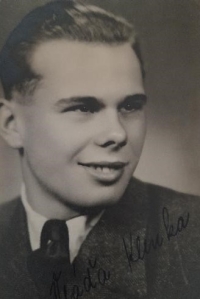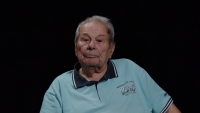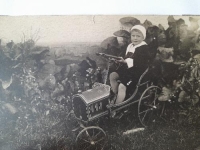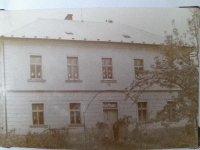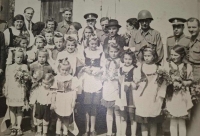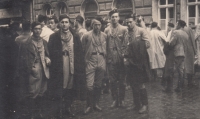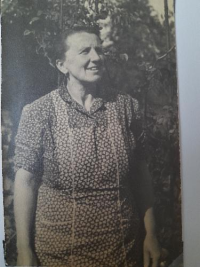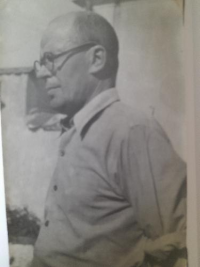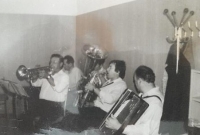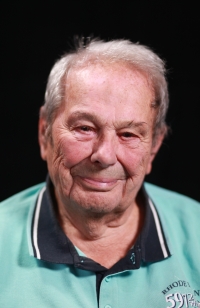Those people were like lifeless
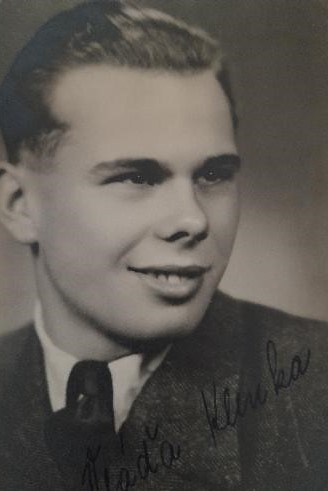
Stáhnout obrázek
Vladimír Klenka was born on 22 November 1928 in Zliv. He grew up in the family of the head teacher of the school in Netřebice, his mother was a housewife. During the war, Netřebice was the last village before the German Reich, which caused difficulties for the citizens. Before the end of the war, he was sent on forced labour to Ponětice near Brno to dig trenches, where he also experienced air raids. After his return he witnessed many local events, for example the presence of Vlasov army in Netřebice, the famous liberation of the death train in Velešín or the stopping of the train with the Hungarian national treasure. After the communist coup in 1948 he participated in the XIth All-Sokol Meeting, where he experienced the now legendary Sokol refusal to pay respect to the Communist Party leaders on the grandstand. Vladimír Klenka personally never became a communist. He graduated from a secondary technical engineering school, worked all his life in the Jihostroj factory in Velešín, where he experienced the political trials broadcast in the 1950s. He raised two daughters and was living in Velešín in 2023.
